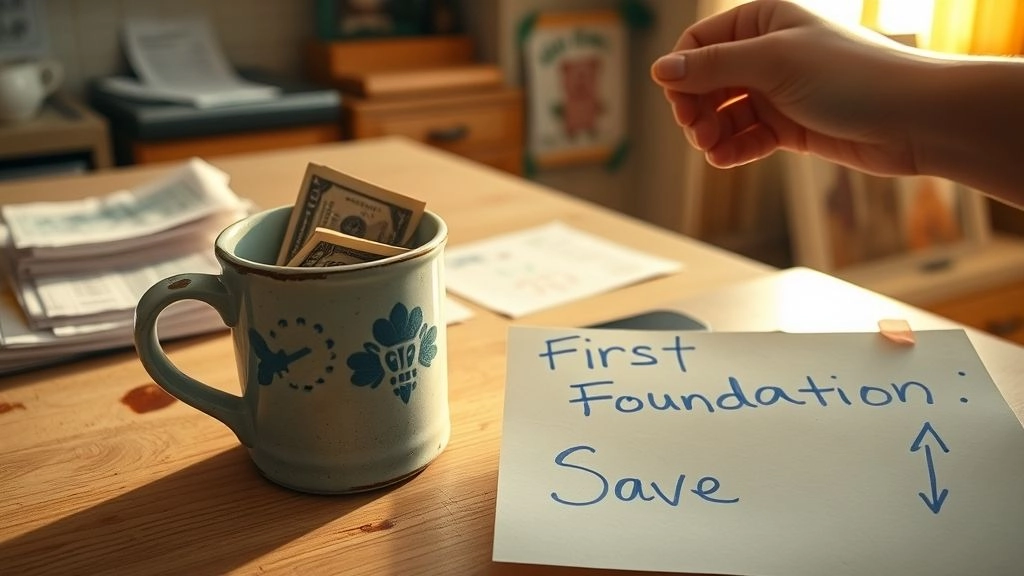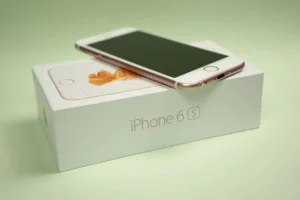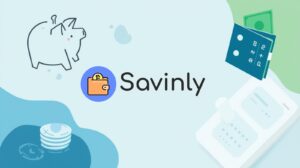Why Saving Comes First
Let’s get this out there… most budgeting “advice” feels like it was written by a robot who’s never been blindsided by a $400 car repair or a weak moment in the takeout aisle. Tell me if you’ve heard this before: “Just track every penny, never splurge, and your wallet will magically overflow.” Hah! Yeah, right.
The truth? The first foundation is: save. It’s not about how good you are with a spreadsheet or how perfectly you nail every budget category. It’s about building a tiny, unshakable habit—one that makes saving feel as natural as brushing your teeth. Messy, imperfect, but doable. Start there, and the rest actually… works.
And hear me out: you don’t need to wait until you “make more money” or “get your bills under control.” Saving? That comes before all the other fancy stuff. Trust me, your future self (and maybe your future dog, kid, or travel dreams) will thank you.
Nope, Not Just for Rich Folks
What If I’m Just Scraping By?
You’re thinking it—so let’s say it out loud. “Saving is only for people who already have extra, right?” Honestly, nope. Think of saving not as a privilege, but as a muscle you build. Doesn’t have to be big. In fact, the first foundation is: save even one dollar.
I once worked with a single mom, utilities always threatening to cut off, who started by setting aside just $5 a week… in a coffee mug. The mug sat on the kitchen counter. The kids saw it, cheered her on. Two months later, she had $40 for groceries during a rough patch. Was she debt-free that day? Nope. But she had proof she could do it. That’s all it takes to start rewiring your brain for saving.
Quick Table: Tiny Savings Compounded
| Amount Saved/Week | After 1 Year | After 5 Years (5% Interest) |
|---|---|---|
| $5 | $260 | ~$1,475 |
| $20 | $1,040 | ~$5,900 |
Little bits do add up—especially when you let them hang out and grow a little. (Who doesn’t love a sidekick that multiplies quietly in the background?)
Stuck In Paycheck-To-Paycheck Limbo?
Been there. I used to believe that “budgeting” just meant obsessively cutting things out—no little treats, no random Target runs, definitely no fun. But I learned, thanks to a mentor who was shockingly relaxed with her money… that if you start with saving even a tiny amount, your mindset changes. Every time you save—whether it’s $2 from skipping soda or $50 found axing an old subscription—it’s a win.
Try this: glance at your bank statement for the last month. Not the stuff you expect, but those sneaky little “leaks.” Maybe it’s a long-forgotten streaming service or three. Or that rounds-up-for-charity thing you didn’t realize hit your card even when you’re short on cash. Seeing these? Instant power up—cancel one, and pocket the difference straight into your savings. Track your wins, not your “cuts.” Makes all the difference.
Want to tackle your own stumbling blocks? The folks at savinly break it all down with the first foundation is save answer key—couldn’t hurt to peek if you get stuck.
Habits—Not Budgets—Win the Long Game
Why Do Budgets Always Fail Me?
You’re not cursed. You’re normal. Here’s the deal: budgets are like overly strict diets. They’ll “work” for about a week and then, bam, one stressful day and you’re ordering pizza with dessert. The real trick? Make saving feel normal and positive… not like punishment.
I started ditching old-school budgeting after my friend Kim (she’s got three kids, a messy minivan, and the best laugh) showed me her “Sticky Note Challenge.” Every Friday, she scribbles whatever’s left in her checking account—doesn’t matter if it’s $5 or $50—onto a sticky note and moves it to savings. It’s oddly satisfying to watch the sticky stack grow… and her savings balance, too.
Comparison Table: Strict Budget vs. Natural Saving
| Strict Budgeting | Natural Saving |
|---|---|
| Rules for every cent | Habits, not homework |
| Boring, easy to “break” | Small wins build momentum |
| Feels restricting | Feels empowering |
You can guess which approach wins in the long run. Hint: It’s not the one that makes you swear off lattes forever.
Wait, What About Debt Sneaking Up?
Let’s be blunt. If you make a late credit payment, you might see the lender add a whole lotta ugly on your bill (fees, higher rates, extra headaches). That’s why the first foundation is: save and then—The Second Foundation Get out of debt and. The goal isn’t to ignore debt, but to build up a cushion so you don’t spiral every time life sideswipes you.
I used to panic about debt—like, heart-racing at the mailbox panic. But the month I had even a mini rainy-day fund? Suddenly, a $38 late fee didn’t send me into a shame spiral. I could pay, breathe, make a plan. It’s not magic; it’s just a little bit of safety net.
Turning Saving Into Your Superpower
How Do I Make Saving… Effortless?
Set it. Forget it. Walk away. Automation is your best friend. (Seriously, the day you set up an auto-transfer—even just $10/week—you’ll wonder why you waited so long.)
I use one of those round-up apps—every time I buy groceries, it just “scoops up” the spare change from my purchases and chucks it into savings. After six months? I had $500 I barely even noticed. Felt like I’d outsmarted the system, honestly.
There are loads of apps and tools out there. Pick what feels fun, not fussy. If turning it into a game helps, do that. Want more ways? I found some surprisingly doable tweaks in the first foundation is save answers. Personalize your setup—the less friction, the more you’ll stick with it.
How Does This All Add Up?
I’m gonna be honest: when I started, I had no big dreams—just wanted to survive the month. But as my savings grew (slowly, with ugly little setbacks some months), something shifted. Suddenly, I saw possibilities: weekend trips, a buffer against car trouble, maybe even investing. That’s where things get fun.
And if you’re rolling your eyes—thinking, “Yeah, sure, but my bills always eat it all up”? Just start super small. Let yourself win early and often. It snowballs, and soon you’re not just scraping by, you’re planning ahead.
Glad I learned it before trying to leap to the fifth foundation: build wealth and be outrageously. Gotta crawl before you run, right?
Bringing It Back to You
Savings Milestones—Just Like Leveling Up in a Game
| Month | Milestone Example | How It Feels |
|---|---|---|
| 1 | $100 buffer | Relief! “I’ve got this.” |
| 6 | $1,000 emergency fund | Confidence grows |
| 12+ | 3 months of expenses | Pride; ready for anything |
And at every milestone, celebrate—even if it’s just a happy dance in your kitchen or an extra-long walk with your dog. My friend Sarah? She threw a “mini pizza party” (homemade, because: frugal) each time she bumped up a savings tier. No one celebrated with more cheap cheese and dollar-store confetti. Made it memorable.
You’ll see, with habits not “rules,” today’s small saves are tomorrow’s big choices. Your money, your life, your pace.
You’re Closer Than You Think
The first foundation is: save—it’s not a puzzle for rich people or math nerds. Think of it as a tiny promise to yourself, the same way you promise to call your grandma or drink more water. Start scrappy. Celebrate weirdly. Make it your own.
Your job now? Try one thing—just one. Log in to your bank and move $5 to savings. Cancel something you never use. Or set up that auto-transfer (doesn’t matter how small, promise). Every win counts.
And when you feel ready, peek at the first foundation is save answer key or swap stories with a friend who’s in the same boat. Need inspiration for the next step? The Second Foundation Get out of debt and is waiting for whenever you feel brave, and when saving gets easier, check out the fifth foundation: build wealth and be outrageously for your next move.
You’ve got more control than you realize, even if it feels messy right now. Messy is okay. Progress beats perfection every single time… especially when you’ve got a little stash set aside. So, what’s your first move? Let me know—seriously, I want to hear. And hey, don’t forget to treat yourself for the effort. Being good with money can—and should—feel this real.













